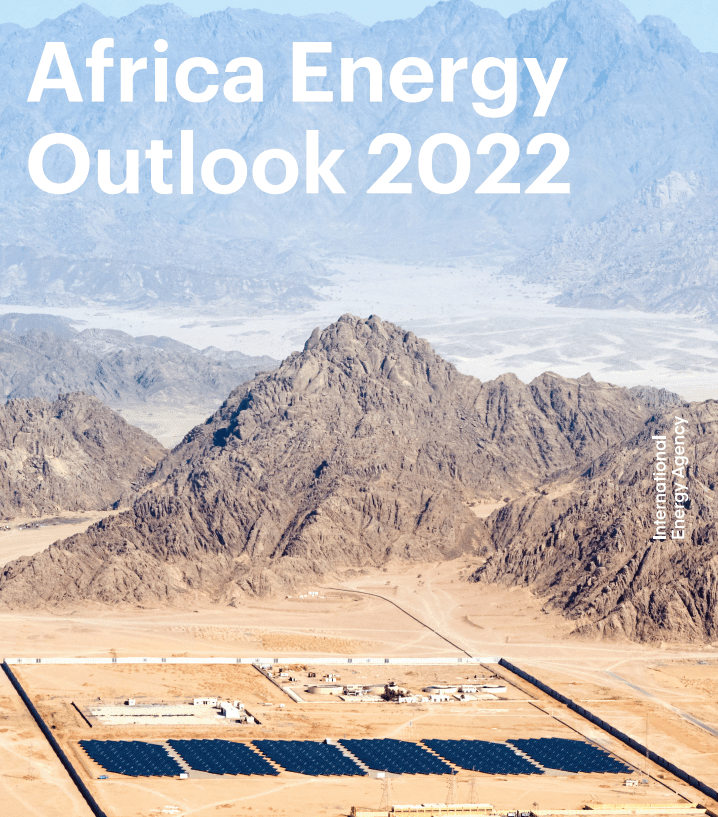Africa Energy Outlook 2022

News Detail

Year:
2022
Source:
IEA - INTERNATIONAL ENERGY AGENCYToday’s global energy crisis has underscored the urgency, as well as the benefits, of an accelerated scale-up of cheaper and cleaner sources of energy. Russia’s invasion of Ukraine has sent food, energy and other commodity prices soaring, increasing the strains on African economies already hard hit by the Covid-19 pandemic. The overlapping crises are affecting many parts of Africa’s energy systems, including reversing positive trends in improving access to modern energy, with 4% more people living without electricity in 2021 than in 2019. They are also deepening financial difficulties of utilities, increasing risks of blackouts and rationing. These problems are contributing to a sharp increase in extreme poverty in sub-Saharan Africa, with the number of people affected by food crises quadrupling in some areas.
Africa is already facing more severe climate change than most other parts of the world, despite bearing the least responsibility for the problem. With nearly one-fifth of the world’s population today, Africa accounts for less than 3% of the world’s energy-related carbon dioxide (CO2) emissions to date and has the lowest emissions per capita of any region. Africans are already disproportionately experiencing the negative effects of climate change, including water stress, reduced food production, increased frequency of extreme weather events and lower economic growth – all of which are fuelling mass migration and regional instability.
More info